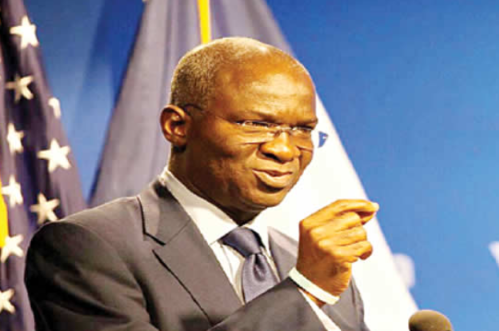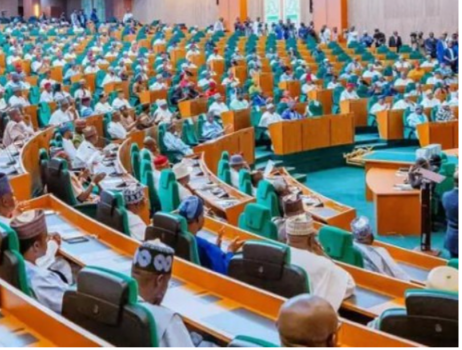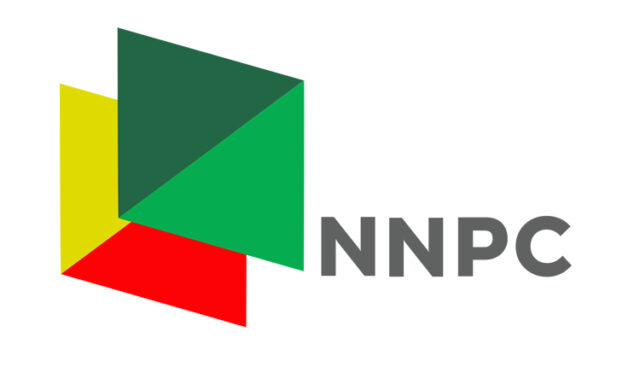The Nigerian National Petroleum Company (NNPC) has stated that none of Nigeria’s refineries is currently producing fuel, which has sparked renewed anger in the eyes of both industry and citizen watchers. This comes following many years of promises, numerous targets millions of dollars being spent on rehabilitation and improvement projects.
In a speech before members of the National Assembly, a senior NNPC official acknowledged that the refineries at Port Harcourt, Warri, and Kaduna remain inactive. Despite ongoing maintenance, there was not a drop of petroleum refined has been pumped out of any of these facilities in July 2025. The statement sharply contradicts earlier government assurances that at least one refinery–specifically the Port Harcourt plant–would begin operations by the second quarter of 2024.
This news has brought out the public’s anger, particularly given Nigeria’s dependence on imports of fuel. As prices for fuel rise to over N700 per liter in a number of regions of Nigeria, people are asking the reason Nigeria, a major crude oil producer, can’t refine its oil products. The inability to revitalize local refining is increasing inflation and causing an increase in the already expensive costs of living.
The lawmakers have expressed displeasure and demanded answers from the NNPC as well as the Ministry of Petroleum. They demanded a complete analysis of the amount of money that was released to help with refinery renovations, and they questioned why the billions of dollars were used without any tangible results. Lack of transparency has only increased the distrust of the administration of the oil industry.
On the streets as well as on social media, a lot of Nigerians are demanding an independent investigation into rehabilitation projects. Some have called the process a “bottomless pit,” where the money is poured in, but there are no results. Some have also criticized officials for what they see as “policy deceit,” accusing it has setting unreasonable deadlines and changing the goals when they don’t succeed.
Despite all the investment, Nigeria still imports nearly all of its refined petroleum goods. This is further exacerbated due to the elimination of fuel subsidies and the weakening of the naira, which makes the import of fuel even more costly. The result is that the average Nigerian is suffering from the high cost of transport, higher prices for food, and increasing prices for electricity due to high-priced diesel.
At present, there is no time frame for when one refinery will commence production. While the government insists that work is continuing, Nigerians are growing increasingly skeptical. The main question that is on everyone’s minds is the same: How long will it take to repair the problem that has already cost the country so much?
For a continuous update regarding Nigeria’s energy crisis, as well as economic developments, follow GazetteNewes247.com.
















